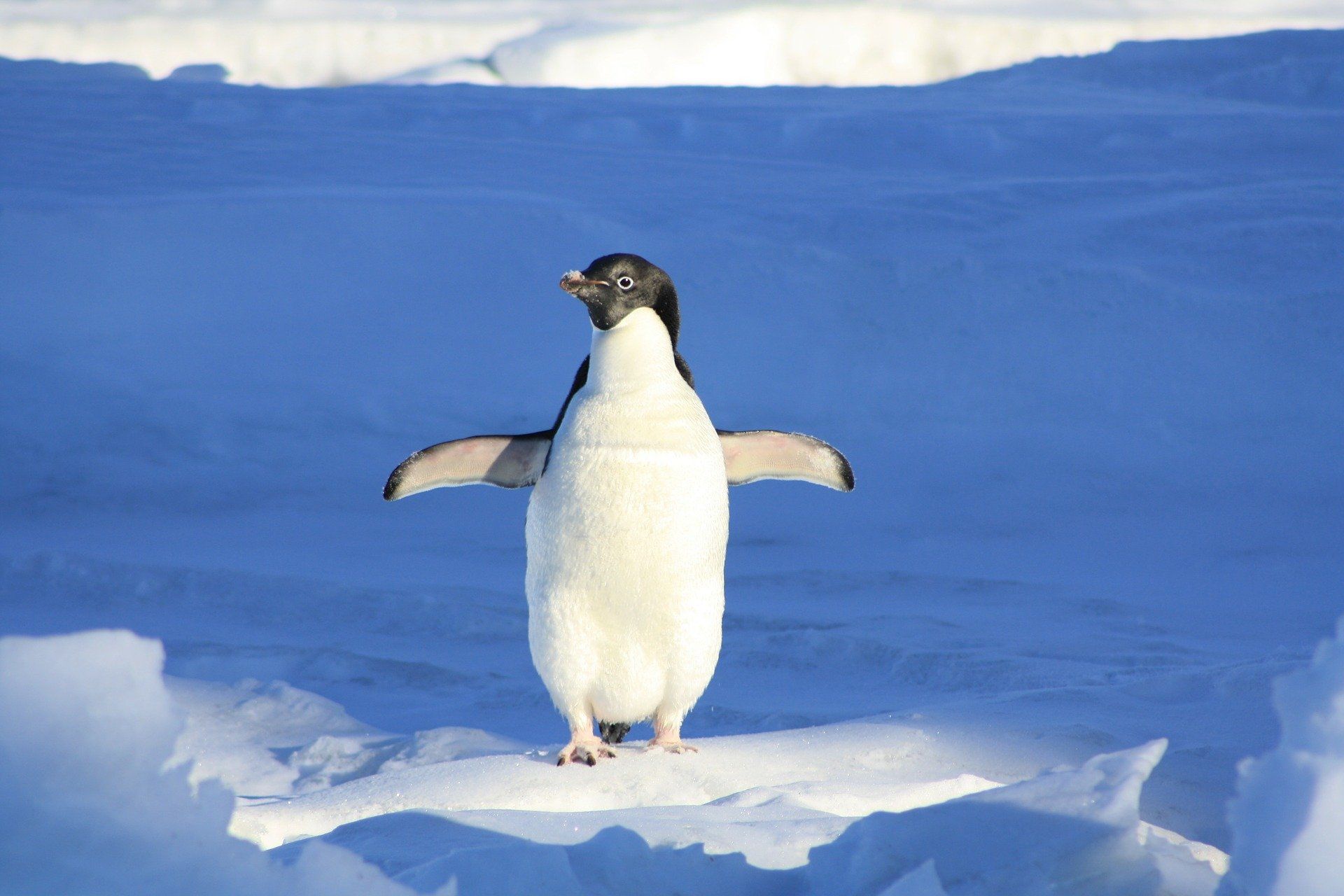Climate change and its consequences
In the last few years, one has probably not heard a word as often on the subject of the environment and environmental protection as “climate change”. You hear it in school, from politicians, on the news and in documentaries. But what does this term actually mean?
Climate change also affects the existence of all of humanity
The consequences of current climate change are as real and frightening as they are clearly felt by humans. In summer the soil is so dry that the farmers no longer know how to bring in their harvest and on the other hand there are more floods than it has been for a long time. The melting of the glaciers can also be observed more and more. Glaciers are probably the epitome of climate history and the so-called fever thermometer of the earth. The storms are also increasing. As the oceans heat up, more water evaporates, which leads to the formation of more clouds, which also absorb more water due to the higher air temperature. Heat waves and droughts alternate more and more with heavy rainfall. Researchers have been observing this weather and climate behavior for a number of years and are increasingly warning of the consequences of climate change.


















